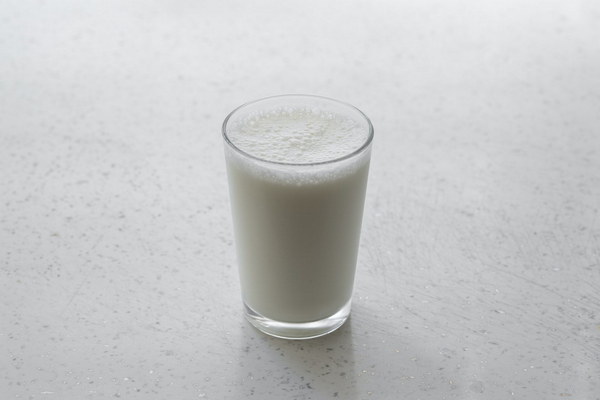Fuel Up Your Day Breakfast for Stomach Health and Lunch for Body Wellbeing
In the hustle and bustle of daily life, it is easy to overlook the importance of a balanced diet, particularly when it comes to meals that cater to our stomach and overall body health. The saying goes, Breakfast is the most important meal of the day, but what exactly does this mean? This article delves into the significance of breakfast and lunch, highlighting how they can contribute to both stomach health and body well-being.
Breakfast: The Key to Stomach Health
Breakfast is the meal that kickstarts our metabolism and provides the energy we need for the day ahead. To maintain a healthy stomach, it is essential to prioritize foods that are easy on the digestive system while offering essential nutrients.
1. Whole Grains: Whole grains like oatmeal, whole grain toast, and whole grain cereals are rich in fiber, which helps in digestion and prevents bloating. They also provide a steady release of energy to keep you full throughout the morning.
2. Probiotics: Foods containing probiotics, such as yogurt, kefir, and sauerkraut, are excellent for gut health. Probiotics help maintain a healthy balance of good bacteria in the stomach, which aids in digestion and boosts the immune system.
3. Fruits and Vegetables: Fresh fruits and vegetables are loaded with vitamins, minerals, and antioxidants that support stomach health. They help in reducing inflammation, improving digestion, and keeping the gut flora balanced.
4. lean Proteins: Lean proteins such as eggs, turkey, and Greek yogurt are excellent for satiety and provide essential amino acids that help repair and build tissues. Including lean proteins in your breakfast can prevent overeating later in the day.
By focusing on these stomach-friendly foods, you can ensure that your digestive system is functioning optimally, reducing the risk of bloating, indigestion, and other stomach issues.

Lunch: The Foundation for Body Well-being
Lunch is the meal that fuels your body with the necessary nutrients to perform throughout the afternoon. It should be balanced, providing a mix of proteins, carbohydrates, healthy fats, and fiber to support overall health.
1. Complex Carbohydrates: Opt for complex carbohydrates like brown rice, quinoa, and whole grain pasta, which provide sustained energy and prevent blood sugar spikes. These carbohydrates also help in keeping you full and satisfied for longer periods.
2. Protein: Including a good source of protein in your lunch, such as chicken, fish, tofu, or legumes, is essential for muscle repair and growth. Protein also aids in satiety, reducing the likelihood of overeating later in the day.
3. Healthy Fats: Healthy fats, such as those found in avocados, nuts, and seeds, are crucial for nutrient absorption and overall health. They help in reducing inflammation, supporting brain function, and improving heart health.
4. Veggies and Fruits: Make sure your lunch plate is filled with a variety of vegetables and fruits. These provide essential vitamins, minerals, and antioxidants that support overall well-being, boost the immune system, and help in disease prevention.
By focusing on these components, you can ensure that your lunch not only satisfies your hunger but also provides the necessary nutrients for your body to thrive.
In conclusion, breakfast and lunch play a vital role in maintaining stomach health and overall body well-being. By making mindful choices and focusing on balanced meals, you can fuel your body and mind for the day ahead, leading to a healthier, happier lifestyle.









